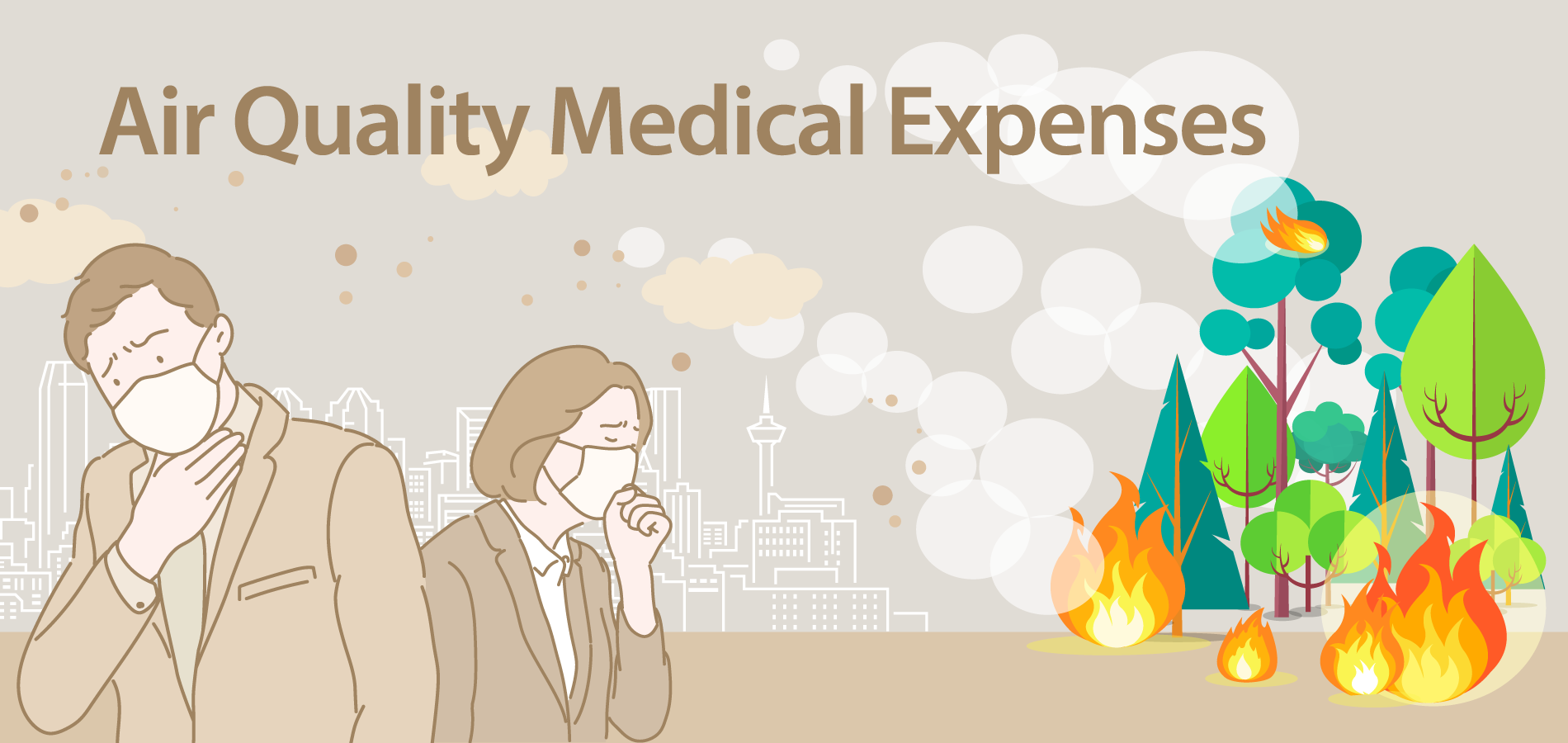With wildfires plaguing the Provinces of British Columbia and Alberta, Environment Canada has issued extreme air quality warnings as the smoke poses a health risk to the general population with greater risk to those who suffer from respiratory conditions and weaker immune systems. Poor air quality is expected to continue for the remainder of the week due to the volume of wildfires reported in BC. If you incur medical costs as a result of the poor air quality, some of those expenses may qualify to be claimed through a Health Spending Account.
Can I claim medical expenses as a result of poor air quality?
If you are being treated for symptoms due to poor air quality, some of your medical expenses may be eligible to claim through a Health Spending Account (different from health insurance).
Environment Canada indicates that symptoms caused by smoke exposure and inhalation include:
- Sore and watery eyes
- Runny nose and sinus irritation
- Scratchy throat and coughing
- Headache
The more serious consequences include:
- Breathing difficulties, including asthma attacks
- Chest pains
- Heart palpitations
- Heart attacks
Visit www.airhealth.ca for information on how to reduce your health risk and your personal contribution to pollution levels, as well as for current and forecast AQHI values.
Ambulance: If you suffer from serious symptoms due to the air quality and require emergency transportation to the hospital via ambulance, that expense is eligible for coverage through an HSA.
Medication: If a doctor prescribes you an inhaler, air filter, cleaner, or purifier to treat and manage your symptoms, you can claim the expense through an HSA as well.
Any medical expense that qualifies under the CRA guidelines for the Medical Expense Tax Credit also qualifies for submission through a Heath Spending Account. Want to see all eligible expenses and guidelines? View the complete list here.
What is a Health Spending Account?
The Health Spending Account is a cost effective alternative to traditional health and dental insurance. It is essentially a tax plan that converts your personal medical and dental expenses into a tax-free benefit for you personally and a tax-deductible expense for your incorporated company.
What is the difference between an HSA and Traditional Insurance? Find out here.
Download this guide if you want to learn more about a Health Spending Account for a business with NO arms-length employees.

Download this guide if you want to learn more about a Health Spending Account for a business with at least one arms-length employee.

Related Reading







